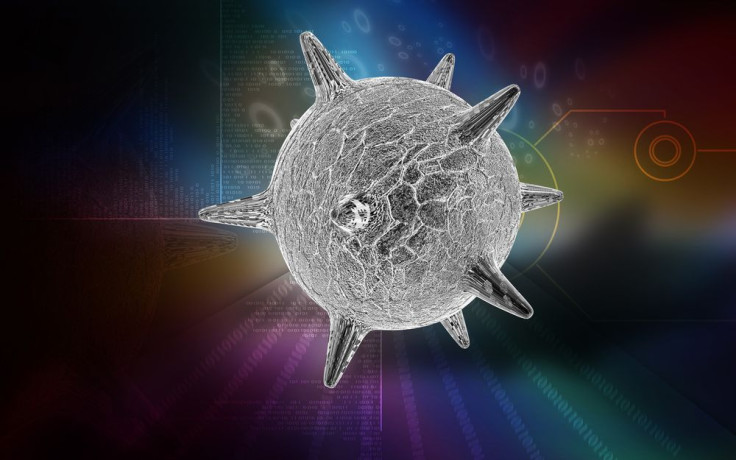Herpes Prevention Gel Cuts Women's Chances Of HSV-2 Infection, But Further Tests Are Needed Before Product Is For Sale

A recent study on an experimental genital herpes prevention gel has confirmed past research and demonstrated that regular use of the tenofovir-based product can halve a woman’s odds of contracting the popular STI.
Tenofovir, the active ingredient in the experimental gel, began its life as a potential means of preventing the transmission of HIV. Although the drug proved unsuccessful in preventing HIV transmission, researchers noted that it had the interesting side effect of curbing the transmission of genital herpes.
Working off this idea, researchers upped the dosage of tenofovir in the gel and began to test its use in HSV-2 herpes prevention. The study was based on double-blind randomized placebo-controlled trials on 433 HSV-2 negative women enrolled in the Centre for the AIDS Programme of Research in South Africa. Results showed that the incidence of HSV-2 also was around 10.2 cases per 100 women who used the tenofovir gel and 21 cases per 100 women who did not.
Although genital herpes is often difficult to diagnose because many of the infected fail to show any symptoms, these results were then confirmed by a Western blot test, a follow-up test used to confirm the presence of an antibody and help confirm a diagnosis of the virus.
According to the Centers for Disease Control and Prevention, genital herpes is the most common sexually transmitted disease that any sexually active individual can get. The virus can cause sores to break out in and around the genitals, and coming into contact with fluids in these sores can pass along the infection. However, it is important to note that the virus can still be contagious even if there are no signs of an outbreak.
Although there are treatments available for those who already have a herpes infection, at the moment there is no cure or vaccine for the virus. Available preventive measures such as using a condom or not having intercourse during outbreaks are only slightly effective in preventing the virus’s transmission. Dr. Connie Celum, a professor at the University of Washington, who conducted a study on the drug last year, told Healthday that the tenofovir gel is a “promising intervention that could reduce herpes acquisition.”
The gel’s effectiveness is highly dependent on how it is used. Women must use the gel before and after intercourse in order to obtain the highest level of protection against HSV-2. Further tests will be conducted to investigate whether or not the drug can be used in the form of vaginal rings or other contraceptives in an effort to help ensure that patients continue to use it correctly.
Past studies have shown that women who frequently use the gel were between 39- 54 percent less likely to acquire HSV-2. The results are exciting, but further studies must be conducted before the product is available to the public.
Source: Karim SSA, Karim QA, Kharsany ABM, et al. Tenofovir Gel for the Prevention of Herpes Simplex Virus Type 2 Infection. The New England Journal of Medicine. 2015.
Published by Medicaldaily.com



























